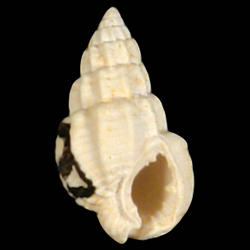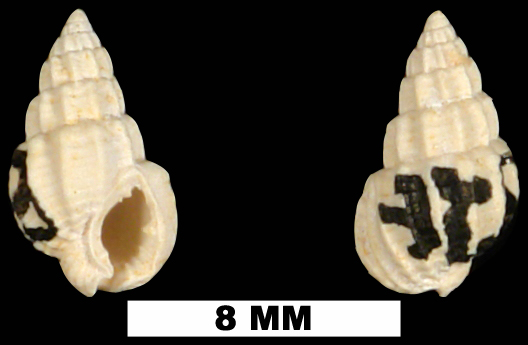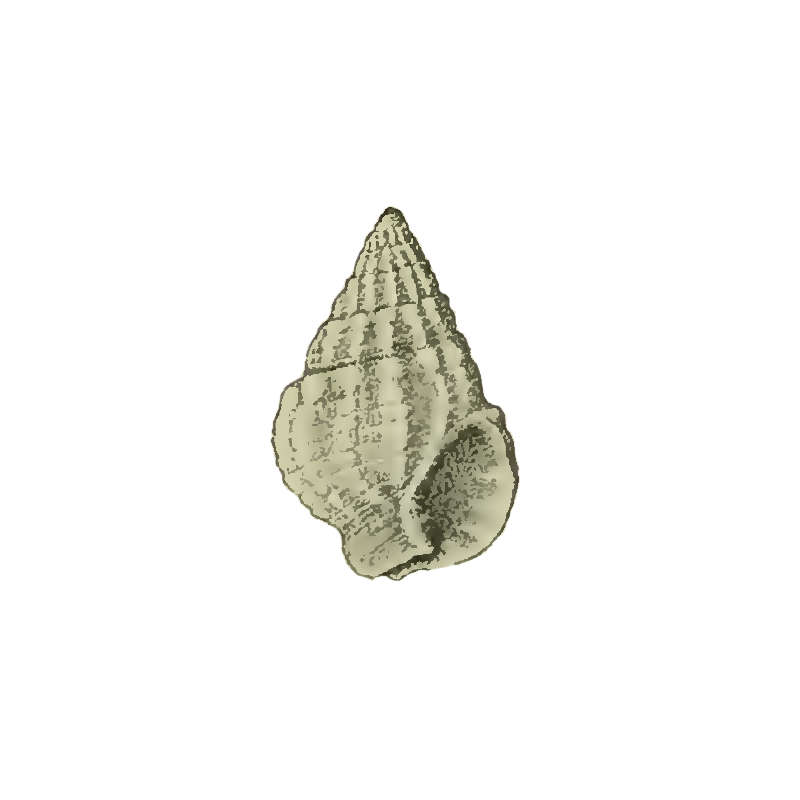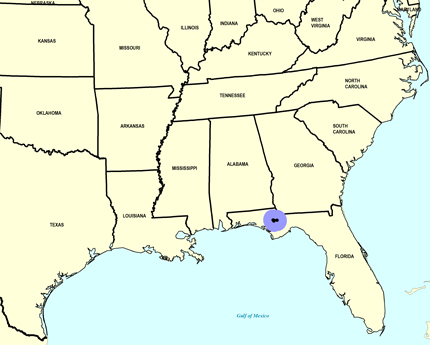
Nassarius harrisi

- Phylum: Mollusca
- Class: Gastropoda
- Order: Neogastropoda
- Family: Nassariidae
- Genus: Nassarius
- Species: Nassarius harrisi (Maury, 1910)
Geological Range
Early Miocene; Extinct.
Paleogeographic Distribution
Northern Florida.
Remarks
Original Description (from Maury, 1910, p. 22):
"Shell rather small, stout, with an acute spire; nuclear whorls two, smooth; subsequent whorls five; transverse sculpture of narrow, elevated ribs (ten to eleven on the last whorl) with wider interspaces; spiral sculpture of narrow, slightly raised bands (about eight on the last whorl), the band just beneath the suture forming nodular intersections with the ribs and thus giving the effect of a row of beads; outer lip with four or five lirations within; collumella plicate, the upper fold being the stronger.
Adult shells of this species resemble in form half-grown specimens of N. Berthae but the beading beneath the suture is more prominent and the ribs much fewer than in that species, and the spirals are not obsolete on the center of the body-whorl.
Length of shell 8; of last whorl 5; of aperture 3; greatest width 4.5 mm.
Chipola Oligocene, Bailey's Ferry, Calhoun County, Florida, and also in the uppermost Oligocene of the Oak Grove sands, Santa Rosa County, Florida.
Dedicated to Professor G. D. Harris of Cornell University.
Cornell University collection."
To access this description in its original formatting through the Biodiversity Heritage Library, click here.
Stratigraphic Occurrences
- Early Miocene
- Chipola Formation (N. FL)


